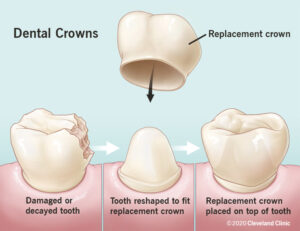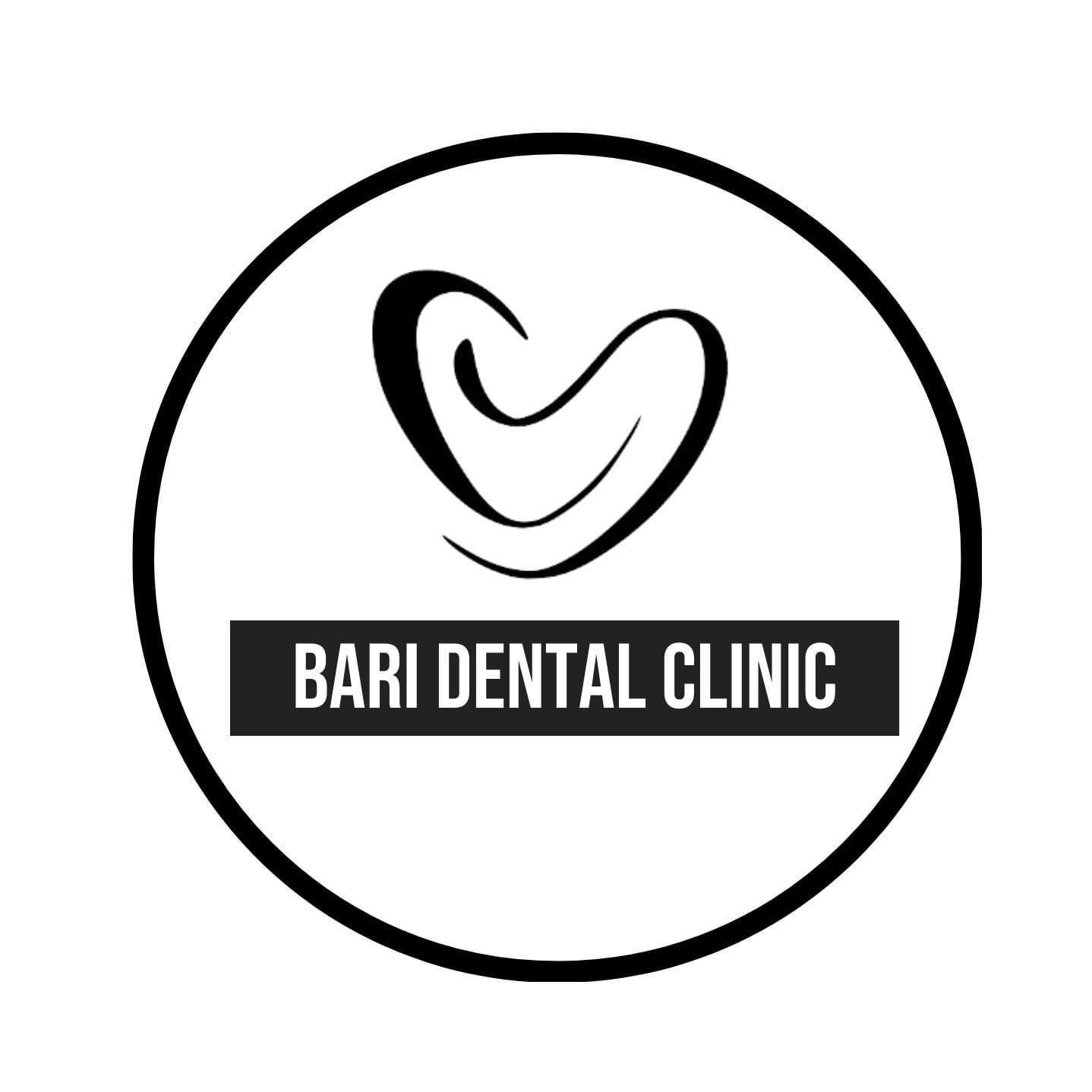Dental Crowning – A Lasting Solution for Damaged Teeth
A beautiful smile boosts confidence. But damaged or weak teeth can affect your appearance and oral health. Dental crowning is an effective solution. It restores the shape, size, and strength of teeth. This treatment helps improve both function and aesthetics.
What Is Dental Crowning?
A dental crown is a custom-made cap placed over a tooth. It covers and protects damaged or decayed teeth. Dental crowning restores strength, prevents further damage, and enhances appearance. Crowns are made of materials like porcelain, ceramic, or metal. They blend well with natural teeth, ensuring a seamless look.
Why You May Need a Dental Crown
Teeth suffer damage due to decay, injury, or wear. When a tooth is weak, it cannot function properly. Dental crowning is recommended for various reasons:
- Protecting a weak or cracked tooth
- Restoring a worn or broken tooth
- Covering a large filling or a root canal-treated tooth
- Improving the appearance of a discolored or misshapen tooth
Crowns provide long-lasting protection. With proper care, they last for years.

The Dental Crowning Procedure
The process usually takes two visits. First, the dentist examines and prepares the tooth. A small amount of enamel is removed to fit the crown. An impression is then taken to create a custom crown. A temporary crown is placed until the permanent one is ready.
On the second visit, the dentist places the final crown. It is adjusted for a perfect fit. Dental crowning ensures comfort and a natural appearance. Once cemented, it functions like a real tooth.
Types of Dental Crowns
There are different crown materials available. Choosing the right one depends on the tooth’s location, function, and personal preference.
- Porcelain Crowns – These match natural teeth and are ideal for front teeth.
- Metal Crowns – Strong and durable, they are best for molars.
- Porcelain-Fused-to-Metal – These combine strength with a natural look.
- Ceramic Crowns – Metal-free and aesthetic, they suit those with metal allergies.
Discuss with your dentist to select the best option for dental crowning.
Aftercare and Longevity of Dental Crowns
Proper care extends the life of crowns. Brushing and flossing daily prevent plaque buildup. Avoid chewing hard foods to prevent damage. Regular dental visits help maintain oral health.
Most crowns last between 10-15 years. However, with good care, they can last longer. Dental crowning is a long-term investment in your smile.
Cost of Dental Crowning
The cost varies based on material and complexity. Some insurance plans cover part of the expense. Check with your provider before treatment. If you are looking for affordable dental crowning options, consult a trusted dental clinic.
Final Thoughts
Dental crowning is a reliable way to restore teeth. It enhances function and aesthetics, giving you a confident smile. If you have damaged or weak teeth, visit a dentist today. A strong, healthy smile is within reach!
For more information on dental health, check out American Dental Association and WebMD.

